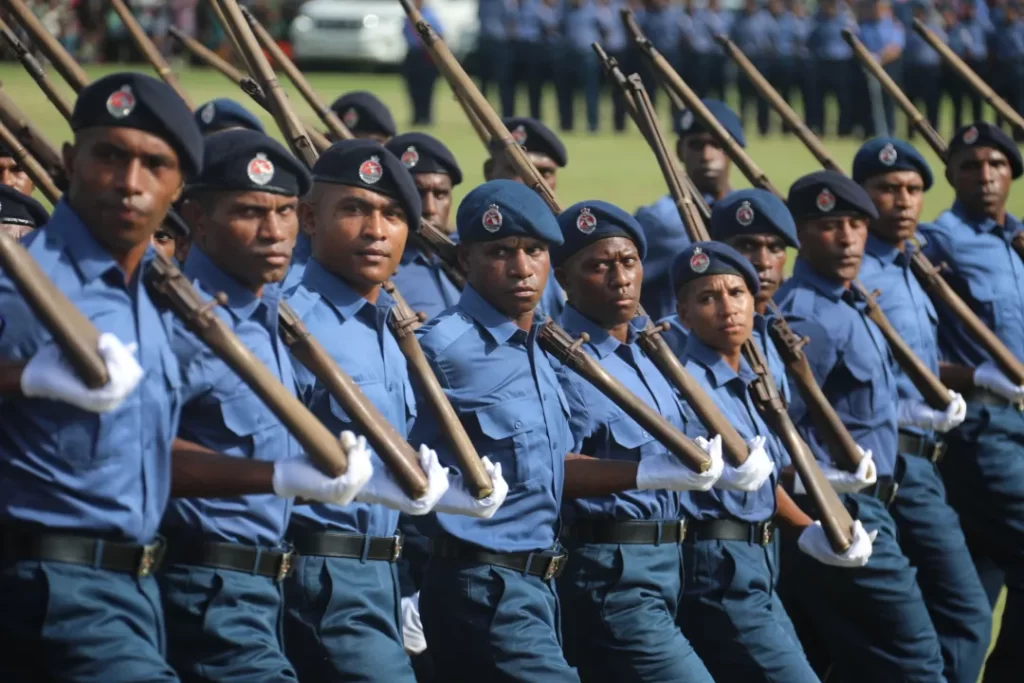In response to the growing challenges of public security, the Papua New Guinea Government has announced a major initiative to increase the national police force from the current 5,000 officers to 10,000 by 2030, with a long-term goal of reaching 26,000 officers over the next decade.
This strategic move aims to enhance the country’s policing capacity, promote the modernization of law enforcement, and build a safer and more stable society.
Speaking at the graduation parade of 226 police cadets on June 1, Deputy Prime Minister John Rosso said that according to the United Nations’ recommended ratio of police to population, Papua New Guinea—now nearing a population of 13 million—should ideally have a police force of 26,000 officers. “We currently have only around 5,000 active officers, which is far from sufficient to meet national security needs, especially in remote areas,” he noted.
Rosso emphasized that the police force expansion is a systematic and strategic response by the government to rising security concerns. The plan has already been communicated to the Police Commissioner, the Minister for Police, and the leadership of the Royal Papua New Guinea Constabulary (RPNGC). “This is not a temporary fix, but a well-considered national security policy. We will work with strategic partners to rebuild, reform, and modernize the police force,” he said.
It is reported that a new intake of 300 police recruits will begin training in mid-June, with another 300 expected in the third quarter of the year. The training system will be expanded to accommodate the rapid growth in recruitment.
“Our target is clear: reach 10,000 officers by 2030, and 26,000 within the next ten years. This is essential to ensure that every administrative district has at least 10 police officers, one junior officer, and one local magistrate,” Rosso said.
He further stressed that many police stations and local communities currently lack adequate personnel, which directly affects law enforcement effectiveness and community safety. The government is also working to strengthen the “circle of justice” mechanism—improving coordination between policing and the judicial system—to build a more efficient and just rule of law framework.


